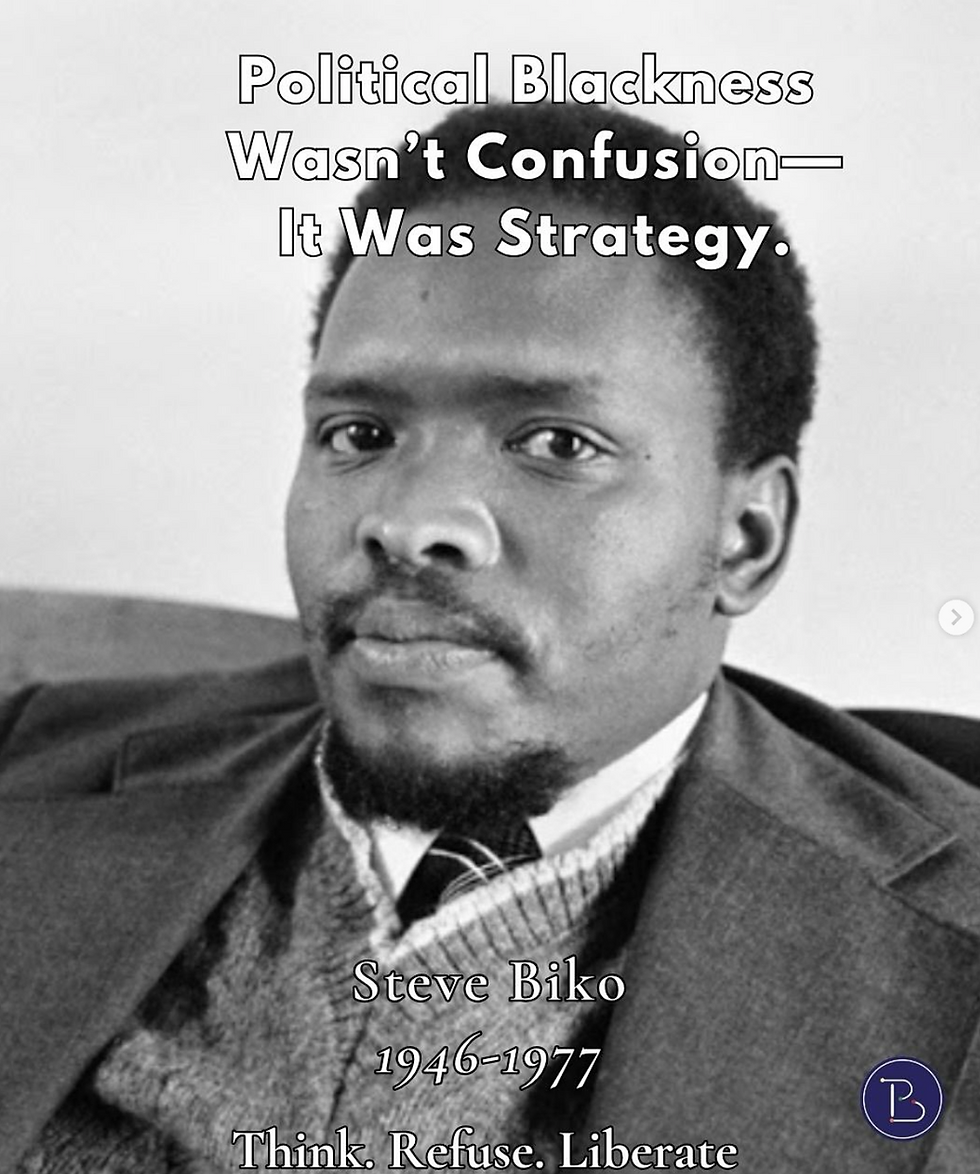Miriam Makeba
- Jonah Batambuze

- Oct 4, 2023
- 3 min read
Updated: Jul 28, 2025

Zenzile Miriam Makeba (aka Mama Africa) was a well-known South African singer, actress, and anti-apartheid activist. She was born on March 4, 1932, in the township of Prospect, which is located near Johannesburg. Makeba's mother was a traditional Swazi Sangoma — a traditional healer, and her father worked as a coal miner in Xhosa. As a child, Makeba sang in the choir of the Kilnerton Training Institute in Pretoria, an all-black Methodist primary school that she attended for eight years. She began singing professionally in the 1950s with the Cuban Brothers, the Manhattan Brothers, and an all-woman group, the Skylarks, performing a mixture of jazz, traditional African melodies, and Western popular music.
Makeba had a short role in the 1959 anti-apartheid film Come Back, Africa, which earned her global recognition and paved the way for her performances in Venice, London, and New York City. While in London, she met Harry Belafonte, an American singer who became her mentor and collaborator. Belafonte helped Makeba produce her first solo recordings, which included the hit song Pata Pata, released years later. She moved to New York and made her US music debut on November 1, 1959, on The Steve Allen Show in Los Angeles for a television audience of 60 million.
On March 21, 1960, two of Makeba's family members were killed in the Sharpeville massacre. Shortly afterwards, her mother died, and when she tried to return home for the funeral, she found that the government had cancelled her South African passport because of her role in "Come Back Africa," making her an exile. Previously, Makeba had rarely sung explicitly political music, but her popularity had increased awareness of apartheid and the anti-apartheid movement. Following the Sharpeville killings, Makeba felt a responsibility to help, and from this point, she became an increasingly outspoken critic of apartheid and the white-minority government.
Makeba was a famous musician in Europe and frequently travelled there to perform. On the advice of Belafonte, she added songs from various countries and regions, such as Latin America, Europe, Israel, and other parts of Africa, to her repertoire. In 1962, she visited Kenya to support its independence from British colonial rule and raised funds for Jomo Kenyatta, its independence leader. Later that year, she testified before the United Nations Special Committee against Apartheid, urging economic sanctions against South Africa's National Party government. She also requested an arms embargo against South Africa, believing that weapons sold to the government could be used against Black women and children. This resulted in the banning of her music in South Africa, and her citizenship and right to return were revoked. As a result, Makeba became stateless. However, she was soon issued passports by Algeria, Guinea, Belgium, and Ghana. Throughout her life, she held nine passports and received honorary citizenship in ten countries.
Makeba continued her activism and music career, and in 1990 she returned to her home country of South Africa on a French passport after much persuasion by Nelson Mandela. Makeba died on November 9, 2008, after falling ill while participating in a concert organised to support writer Roberto Saviano in his stand against the Camorra, a mafia-like organisation local to the Region of Campania. She strongly supported human rights and continued her activism to her last breath.
Jonah Batambuze is a Ugandan-American interdisciplinary artist and founder of the BlindianProject, a global platform remixing Black x Brown identity through art, history, and storytelling. His work moves across installation, film, writing, and education—challenging systems of erasure while building new cultural blueprints.
Batambuze speaks and facilitates internationally on topics including Black South Asian solidarity, caste and colonial legacies, diasporic memory, and cultural resistance.
For speaking engagements, workshops, or media inquiries, contact: jonah@blindian-project.com or visit jonahbatambuze.com/speaking
For deeper reflections, subscribe to his Substack exploring identity, diaspora, and cultural resistance: https://blindianproject.substack.com/




Comments